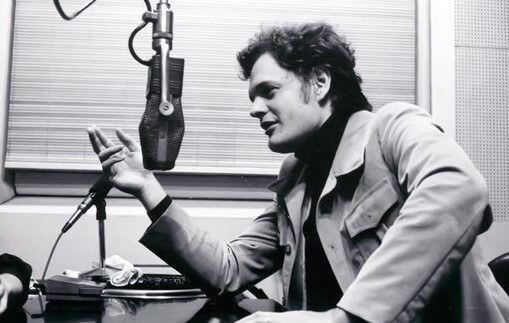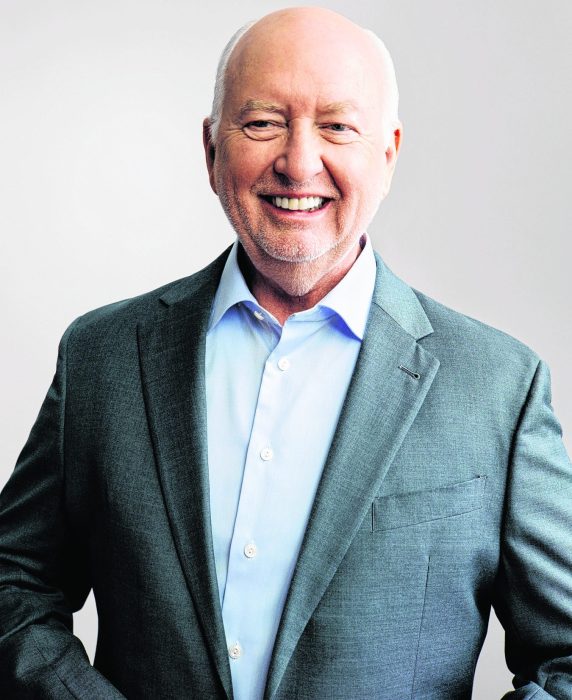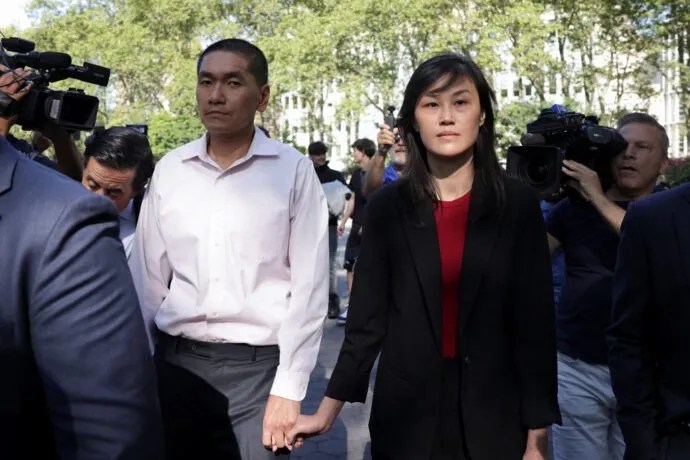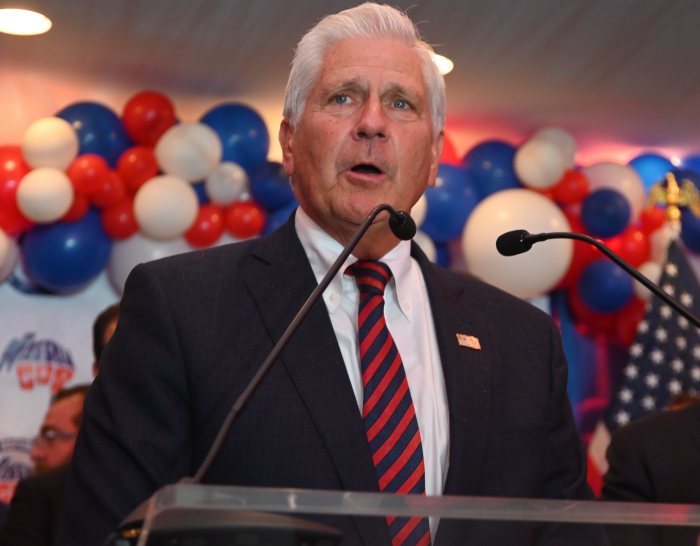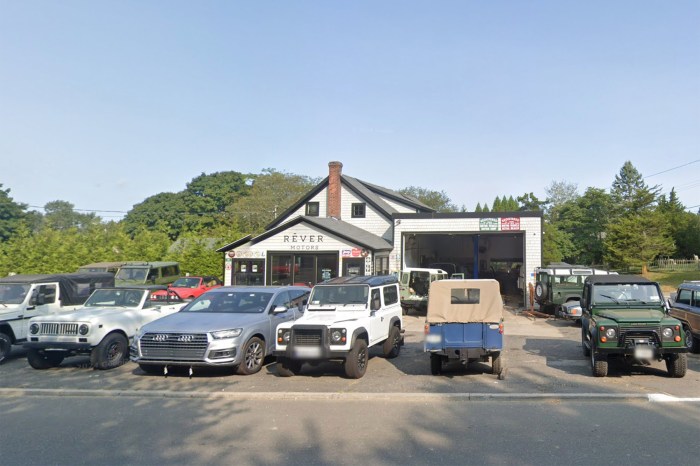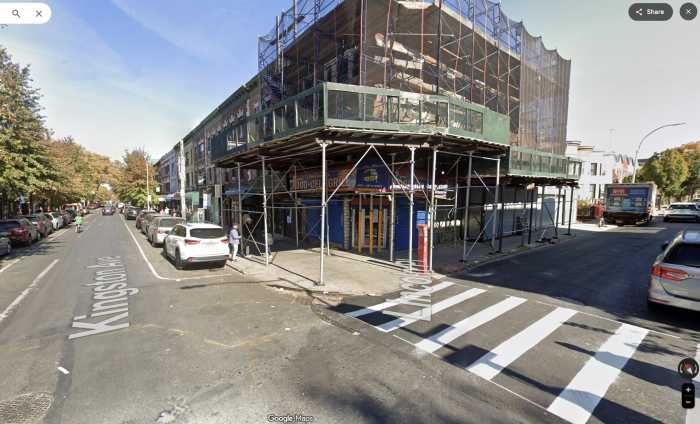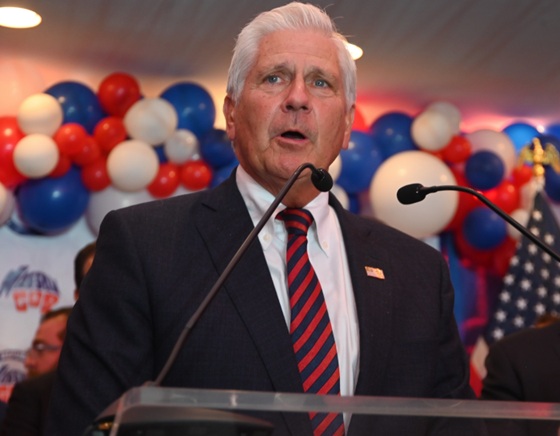
The epitaph on Harry Chapin’s gravestone is a lyric taken from his song “I Wonder What Would Happen to this World.” Carved into the speckled gray stone, under his name and the years 1942-1981, are the lyrics, “Oh if a man tried to take his time on Earth and prove before he died what one man’s life could be worth I wonder what would happen to this world.” Today, Saturday, July 16, marks 30 years since Brooklyn-born folk singer/songwriter Harry Chapin died in a car accident on the Long Island Expressway, but the tireless philanthropic work he did when he was alive has transcended time and made a man consistent with his epitaph.
“Chapin’s legacy to finding an end to hunger has lasted because he went after the cause with such passion,” says Paule T. Pachter, executive director of Long Island Cares, the organization Chapin founded in 1980. “Harry was walking through the halls of congress when he was talking about hunger. No one has come by with that kind of passion and conviction. There really hasn’t been another voice to fill his void.”
In memory of the 30th anniversary of Chapin’s death, Long Island Cares has created a 10-day celebration of Chapin’s life running from July 8-18, which will culminate over the next three days, beginning with a concert today and closing on Monday. Today, the anniversary of Chapin’s death, members of the Chapin family will gather at the Chapin Rainbow Stage in Heckscher Park, Huntington for a concert to support Long Island Cares. The concert is free but donations are appreciated. For a donation of $100 per person to Long Island Cares, each donor will receive an invitation to a special Meet and Greet reception with the Chapin Family one-hour prior to the concert at the Heckscher Museum. On Sunday, Pat Fenton, author of “Harry Chapin’s America, Remember When the Music,” will join musician Paul Gomez at Borghese Winery in Cutchogue for a tribute to Chapin from 2-4 p.m. Gomez will perform some of Chapin’s songs and Fenton will read excerpts from his book. And at 7:30 p.m. on Monday, July 18, a free Harry Chapin tribute concert will take place at The Harry Chapin Lakeside Theatre in Eisenhower Park, East Meadow.
Chapin first broke into music during the early 70s. His tender croon and cozy acoustic guitar made him a well-known folk musician. In 1974, Chapin released his fourth LP Verities and Balderdash, which is perhaps best known for its chart-topping single “Cats in the Cradle,” which skyrocketed Chapin’s album sales and made him a millionaire. But Chapin thought of money as an entity that could abet him helping those in need. And so, while his music made him popular, his charity work lifted him to the degree of legend.
“It’s hard to overestimate the amount of good [Chapin] did,” said Sen. Patrick Leahy in an interview with Associated Press. “There are a huge number of people who probably have no idea who he is. All they know is they got fed because of him and they wouldn’t have otherwise, both in this country and abroad.”
Long Island Cares provides nutritional food and support services to Long Islanders in need. It also provides educational services on self-sufficiency and the causes and consequences of hunger on Long Island. Along with Long Island Cares, Chapin also founded the organization World Hunger Year, now known as WhyHunger, with radio D.J. Bill Ayers in 1975. The group seeks to address the causes of hunger and poverty. But his work benefiting Long Island cannot be overstated.
“He established the first food bank on Long Island,” says Pachter. “In 1980 there were only two other food banks in downstate [NY]. He was also so accessible. If you saw him, he stopped and he spoke to you. That resonates with Long Islanders. He influenced people to be that way. Harry was just there and he was tremendously passionate about this island. This was his home.”
Just one year after founding Long Island Cares, Inc., Chapin was traveling in the right lane of Long Island Expressway on his way to a free concert he scheduled at Eisenhower Park when, after passing exit 40 in Jericho, he put on his emergency flashers, presumably because of mechanical issues with his Volkswagen Rabbit. Chapin slowed to about 15 miles per hour and swerved in the center lane directly in the path of a tractor-trailer truck. The truck rear-ended Chapin and his car burst into flames, and while the driver of the truck was able to remove Chapin from his vehicle, he could not be revived. Officially, Chapin died of cardiac arrest, but there was no way of telling whether it was before or after the accident.
Despite Chapin’s untimely death, his indelible impact on Long Island has been perpetuated by people devoted to keeping his eleemosynary work alive.
“We were recently at Bethpage ballpark and we were there doing a food drive,” says Pachter. “There was a collection box by our tent with Harry Chapin’s name on it, and this young father was walking with a child, and he stopped in front the box and he looked at the box and said to his son, ‘You see the man of this man on this box? He made it possible for people to eat.’”




